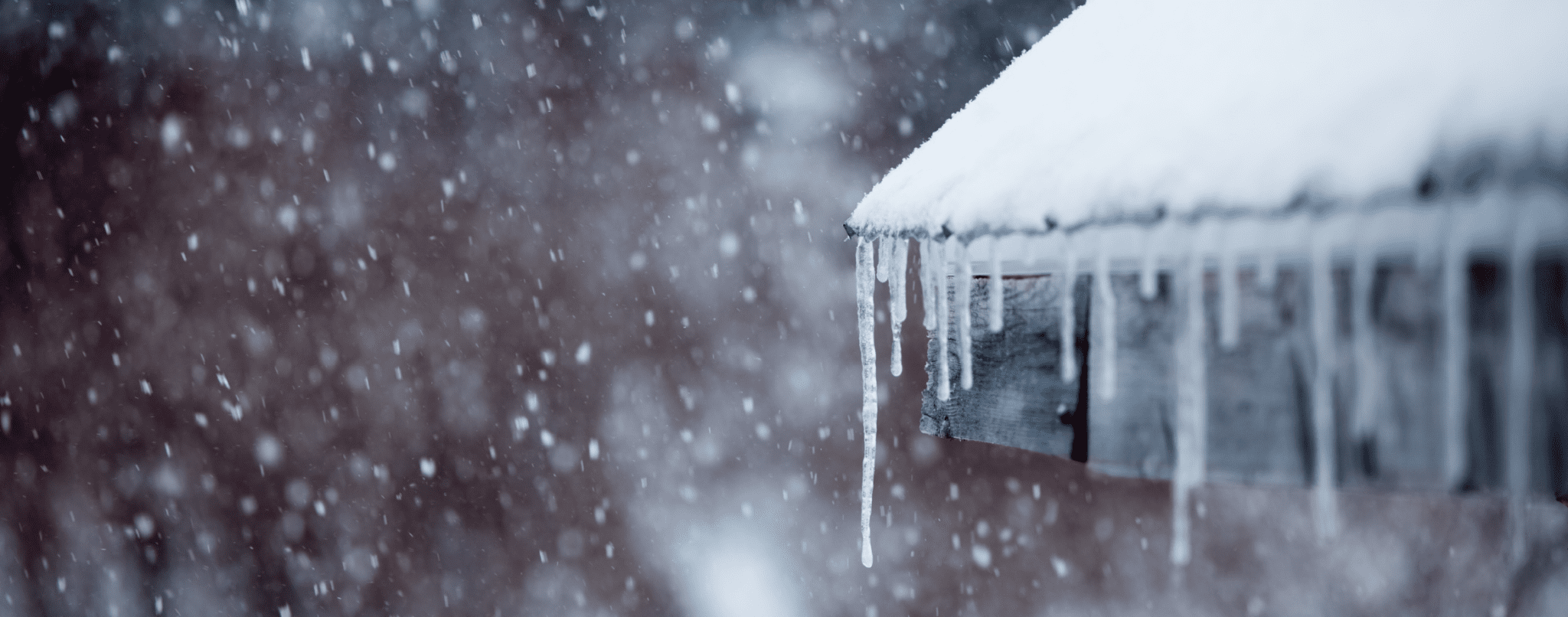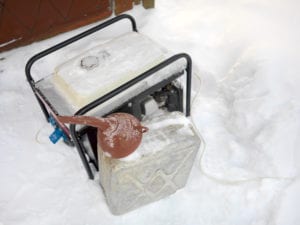
Prepare for the Next Outage | Prepare for a Windstorm
As the winter weather rolls in, the hazards of snow and ice can bring our region to a halt. Here are a few tips to keep you ready, warm, and most importantly, safe.
What should I do if the power goes out and it gets cold?

• Never use generators and barbecues indoors; keep them outside and away from windows.
• Use flashlights and battery-operated candles to light the inside of your home; avoid open flames.
• Stay warm with layered clothing and blankets.
• Keep doors and windows shut.
• Open your blinds facing sunlight; this helps bring warmth into your home.
• Weatherize your home; caulking and weatherstripping are easy ways to keep cold air out. Find out how you can weatherize your home and get rebate information at energysolutions.seattle.gov.
What should I do if I hit a patch of ice and crash into a light pole?
• Call 911 or honk your horn to notify help.
• Warn others to stay away from your vehicle.
• If wires have fallen on your car, stay in your vehicle! The wires could be energized, and you could be electrocuted. Wait until first responders arrive; they will let you know when it’s safe to exit the car.
If you must leave the car because of fire or other danger:
JUMP away from the vehicle;
LAND with both feet together;
SHUFFLE away. Take short steps and keep your feet in contact with each other and the ground constantly.
How does the cold weather or snow impact my electrical service?
• Snow and ice-related outages occur if a branch falls on powerlines due to the weight of the precipitation. Sometimes, equipment may fail due to low temperatures.
• Avoid driving during this type of inclement weather as striking power poles can cause outages.
• Rapidly melting snow on tree branches can cause them to spring up into powerlines, which can cause outages.
Stay Safe in the Snow
• Falling on icy sidewalks is a major cause of injury following a winter storm. Always wear appropriate footwear.
• If you must drive, make sure your car is ready. Carry chains or other traction devices and be prepared to put them on. Make sure windows are clear and the snow is brushed from the entire car.
• Know where your valve shutoffs are located. If an emergency occurs, you’ll need to know how to shut off electricity, gas and water at main switches and valves.
